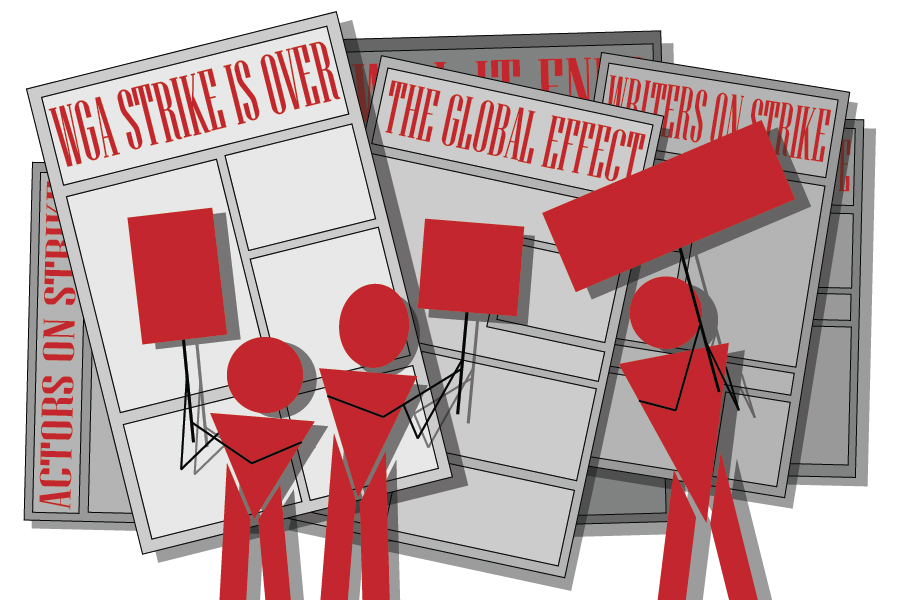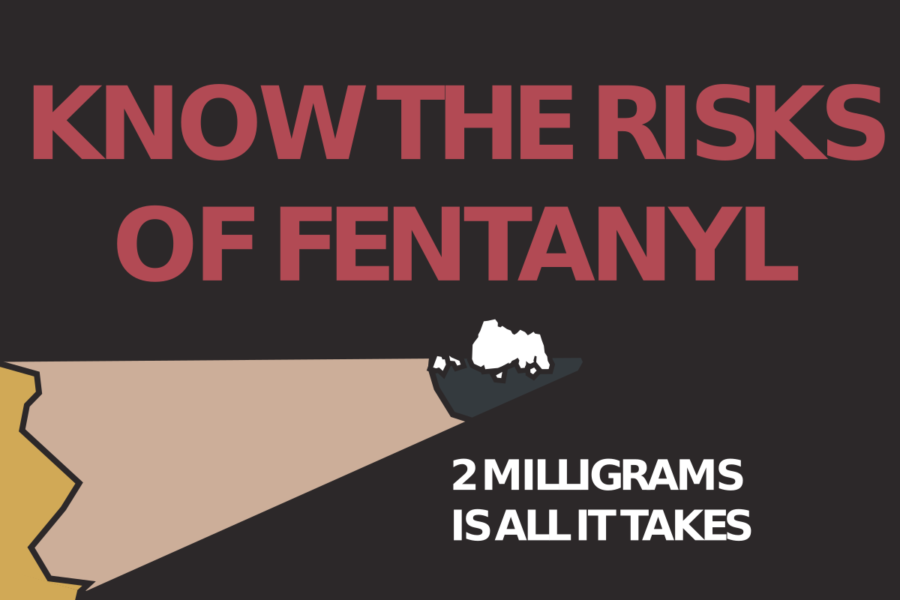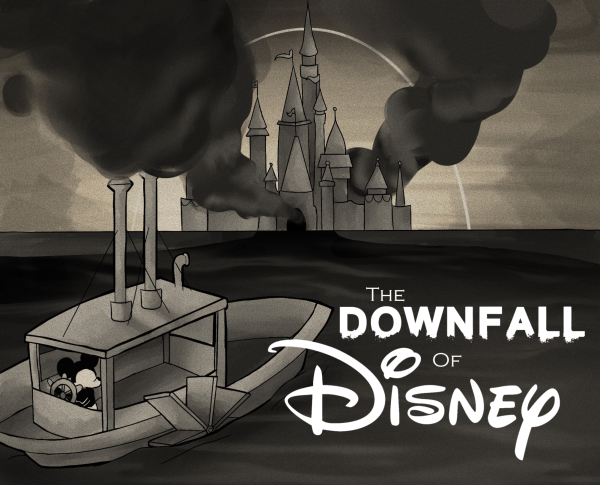Get The Facts Straight: Energy Drinks
How much do energy drinks really affect our health?
September 21, 2018
With school back in session, students are becoming dependent on energy drinks in order to stay up for late night homework or to cram for tests. However, many students don’t really know the long-term effects that energy drinks can have on their health. Here’s what you need to know about energy drinks, and how they can affect you.
What are energy drinks actually made of?
Energy drinks are composed of a lot of things, but the most harmful ingredient is caffeine. Caffeine is the most widely used stimulant on the planet. It keeps you awake and increases the size of your blood vessels.This increases the heart rate and blood pressure and dehydrates the body.
How are energy drinks bad for you?
Drinking too many energy drinks can cause a lot of different health problems and can have serious side effects such as cardiac arrest and a lack of sleep. Studies show that a large percentage of cardiac arrest in teens have been caused by caffeine-induced heart rate elevation. Drinks like coffee and sodas have a large amount of caffeine, however, energy drinks are known to have 70 and 200mg per can. It’s not that bad right? Wrong. Whereas having one bottle won’t have serious side effects, some students often drink more than one bottle a day and are drinking more and more by the week. Energy drinks can also lead to a lack-of-sleep which can develop into long-term insomnia and type 2 diabetes. Find out more about exactly how energy drinks can cause these health problems here.
How can a student gain energy without relying on energy drinks?
Find it hard to stay awake and do homework? We do too. Don’t worry. There are ways to gain energy naturally without the caffeine. Energy can be gained by exercising, eating foods with a with a low number of fat and sugars, and drinking water. Learn more about how doing these things will give you energy here.
















